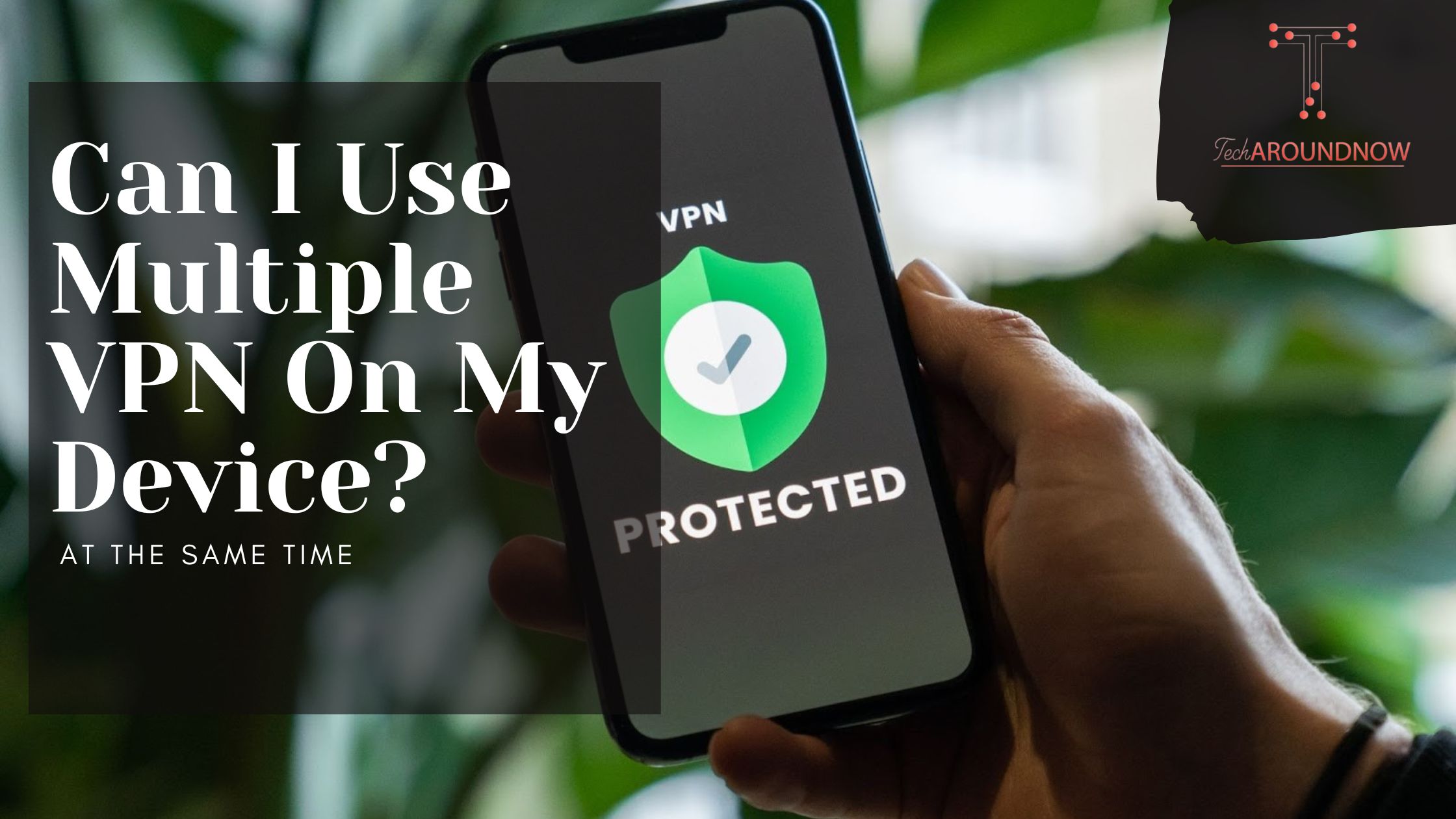There’s no denying that a sturdy VPN app yields several benefits. While it secures your internet connection and encrypts all your data, many users wonder if using a tag team of VPNs on the same device is any better than using only one.
Due to the increasing number of cyber attacks, internet users have become growingly concerned about their digital presence. In a bid to enhance their online security, many users download multiple VPN apps on a single device.
For example, using two VPNs simultaneously doesn’t make the AES-256 encryption go from 256-bit to 512-bit. Rather, it simply means that your data will pass through two encrypted tunnels one by one.
Premium VPN apps like ExpressVPN are good enough to manage your online security single-handedly. They offer top-notch encryption and several other privacy-boosting features (check this ExpressVPN review to learn more). If you want to try out these features, get a free ExpressVPN trial and see what it brings to the table.
While it looks like an excellent idea on paper, technically, it’s not advisable to use multiple VPNs simultaneously on a single device.
Three Reasons Why You Should Avoid Doubling Up VPNs
1. Triggers major slowdown
Most VPN services are not set up to be compatible with other VPN services. Basically, running two different VPN providers on the same machine will force both apps to ‘battle’ with one another to route your data.
Either you’ll receive a ‘routing error’ warning, or one service will finally ‘win’ the right to route your data, providing you with only one ‘channel’ of encryption. Although you can modify the preferences and make your VPN providers work together, the information you send or receive will have to travel ‘twice’ to its endpoint, which will cause a slower connection.
2. Demands ultra-modern technology skills
There are several VPN apps in the market, and if you are using more than one VPN program, you will have to manually adjust files for multi-VPN usage by upgrading to OpenVPN configuration settings. This exceeds the expertise level of the majority of customers. Unless you are familiar with configuring files, the best choice is to use a reputable VPN company that employs top-tier encryption.
Manually modifying configuration settings may violate VPN program providers’ terms of service contract.
3. Not provided by most VPN providers
Most VPN services do not enable double VPN and will not work with any other VPN services. None of these suppliers can prevent you from accessing or downloading multiple apps of the same sort, but they are unlikely to give help for any problems that arise as a result of attempting to double up.
Uninstalling apps when you have many programs of the exact same operating may also be problematic since some data may be exchanged between apps. Although signing up for free VPN services may be appealing, this article will explain why free isn’t necessarily better.
How to avoid problems with multiple VPNs?
People will sometimes find yet another VPN and download and set it up to test it without realizing they already have one installed. Remember that if you’re going to test other VPNs, it’s wise to uninstall any prior VPN software, even free trial ones.
Delete a VPN app on Mac
Please bear in mind that a few apps cannot be removed and that you might need to employ the “uninstall” tool that is included with your program. You should definitely start by looking up “how to uninstall” on the official website of the app in the issue.
- Navigate to the search bar (magnifying glass) in the upper-right corner of the screen
- Look for “Apps” and select it
- You’ll see an “applications” folder.
- Open it and go through the list to ensure you haven’t previously downloaded any other VPN application.
- Drag the program into the trash (or right-click and click “Move to Trash”)
Delete a VPN app on iPhone or iPad
Navigate to the App Store on your iPhone if you use the most recent iOS software (iOS 14 or later).
- To access the App Library, navigate to your main screen and slide left through all of your Home Screen tabs.
- Look through your applications. If you installed additional VPN software, it is most likely under your “Utilities” section.
- Hold your mouse on the app icon.
- Select the Remove App row option.
Delete a VPN app on Windows
Looking to delete a VPN app on your Windows device? Follow these steps:
- Select the Windows or Start button.
- Browse the list of apps.
- Uninstall the app by right-clicking its icon and selecting “Uninstall”.
- The Apps and Features panel will appear.
- Click Uninstall/Edit and then follow the on-screen instruction to uninstall the app.
Delete a VPN app on Android
Follow these steps to delete a VPN on Android:
- Select Android setting options (looks like a gear icon)
- Browse and select the Apps or Application and Notification section. (on a Samsung, press the Applications icon)
- Depending on your device model you will either get a list of installed apps or be prompted to open another link to access all apps.
What are the best VPN providers?
If you’re interested in learning more about VPN service providers, ExpressVPN is the best VPN as it possesses a diverse range of features that helps to minimize the risks involving security and privacy.
ExpressVPN does not log your IP address, and it also does not save your browsing history, traffic destination, metadata, or DNS searches. If concealing your actual IP address and browsing the internet more securely and privately is your forte, then ExpressVPN is a good purchase for you.
Ever considered doubling your VPN on a single machine? Has it ever given you any more issues?


